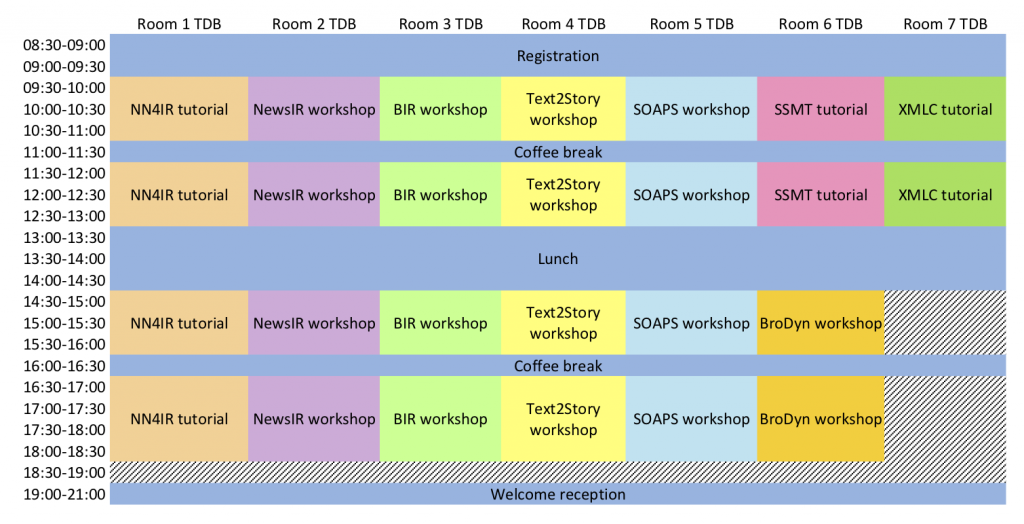List of Workshops
Social Aspects in Personalization and Search (SoAPS)
Analysis of Broad Dynamic Topics over Social Media (BroDyn)
Bibliometric-enhanced Information Retrieval: 7th International BIR workshop (7th BIR workshop)
Second International Workshop on Recent Trends in News Information Retrieval (NewsIR’18)
First International Workshop on Narrative Extraction from Texts (Text2Story 2018)
Tutorials & Workshops schedule:
Social Aspects in Personalization and Search (SoAPS) ↑
Website : http://soaps.di.uniroma1.it/
Abstract
Modern society is overwhelmed and characterized by exhausting social interactions at all levels. A variety of communication systems continuously allows this type of interaction both implicitly and explicitly. Therefore, social aspects have become of primary importance, by involving personal and working life on a continuous basis. For this reason, infinite traces are intentionally or involuntarily entrusted to the digital world. Social media platforms have become powerful tools to collect the preferences of the users and get to know them more, but are just one of the possibilities that we should exploit. Indeed, in order to build profiles about what the users like or dislike, a system does not only have to rely on explicitly given preferences (e.g., ratings) or on implicitly collected data (e.g., from the browsing sessions). In the middle, there lie opinions and preferences expressed through likes, textual comments, posted content, direct messages, and speech transcriptions. Being able to exploit social aspects to mine user behavior and extract additional information leads to improvements in the accuracy of personalization and search technologies, and to better targeted services to the users. In this workshop, we aim to collect novel ideas in this field and to provide a common ground for researchers working in this area.
Organizers
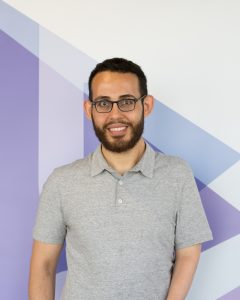
Ludovico Boratto
Email address: ludovico.boratto@acm.org

Giovanni Stilo
Email address: stilo@di.uniroma1.it
Analysis of Broad Dynamic Topics over Social Media (BroDyn)↑
Website : https://sites.google.com/view/brodyn2018/
Abstract
In recent years, users developed a widespread perception of social media as news sources that they follow (almost all day long) to get updated on their topics of interest. Many of those topics attract long-standing user interest (i.e., span or stay active for long period of time), are very broad (i.e., cover many aspects or subtopics), and are dynamic (i.e., develop and change focus over time with subtopics becoming obsolete over time and new subtopics emerge). Such kind of broad and dynamic topics can run for few weeks, such as crisis events (e.g., “Hurricane Irma”), or up to years, such as “the Syrian conflict”. Other examples of broad dynamic topics include “Refugees in Europe”, “Qatar Crisis”, “Brexit”, “North Korea and US conflict” to name a few. Effective exploitation of content posted on social media that is relevant to broad dynamic topics requires adaptive techniques to effectively capture the different and changing aspects of the topics. The techniques should also be scalable to cope with the large volume of posts and the diversity of the sub-topics, real-time to be responsive to the high velocity of the data, and reliable to perform effectively over the long duration of the topic. In addition to that, new evaluation frameworks for such domain are also needed with novel evaluation measures that capture the nature of topics (and thus systems) and new large reusable datasets that enable the researchers to run meaningful and representative experiments.
BroDyn workshop aims at building a community interested in developing and exchanging ideas and methods for analyzing social media for broad dynamic topics. It also aims at understanding the limitations of existing techniques in answering emerging information needs for such topics, and proposing new techniques, evaluation methods, and test collections to address these limitations. It is designed to bring together audience at all levels, including researchers from academia and industry as well as potential users (e.g., journalists), to create a forum for discussing recent advances in this area. The half-day workshop (held in conjunction with ECIR’18) covers several topics of interest, e.g., adaptive filtering, multilingual topic/event detection, online topic modeling, retrospective generation of timelines, scalable techniques of processing high-volume streams, and evaluation techniques and novel test collections. To encourage research on such tasks, we released two datasets: (1) GE2017, a dataset of around 18M tweets on the British General Elections 2017, and (2) USPresElect2016, a dataset of 3,450 labelled tweets on the US Presidential Elections 2016.
Organizers
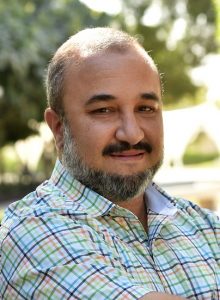
Tamer Elsayed
Email address: telsayed@qu.edu.qa
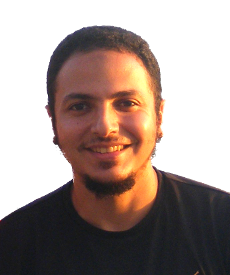
Walid Magdy
Email address: wmagdy@inf.ed.ac.uk
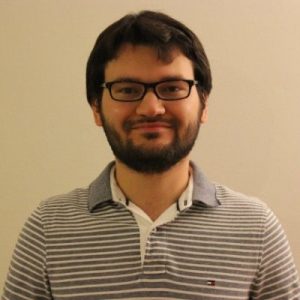
Mucahid Kutlu
Email address: mucahidkutlu@qu.edu.qa
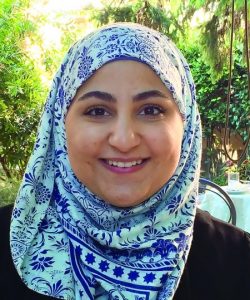
Maram Hasanain
Email address: maram.hasanain@qu.edu.qa

Reem Suwaileh
Email address: reem.suwaileh@qu.edu.qa
Bibliometric-enhanced Information Retrieval: 7th International BIR workshop (7th BIR workshop)↑
Abstract
The Bibliometric-enhanced Information Retrieval (BIR) workshop series has started at ECIR in 2014 and serves as the annual gathering of IR researchers who address various information-related tasks on scientific corpora and bibliometrics. The workshop features original approaches to search, browse, and discover value-added knowledge from scientific documents and related information networks (e.g., terms, authors, institutions, references). We welcome contributions elaborating on dedicated IR systems, as well as studies revealing original characteristics on how scientific knowledge is created, communicated, and used.
Organizers

Philipp Mayr
Email address: philipp.mayr@gesis.org
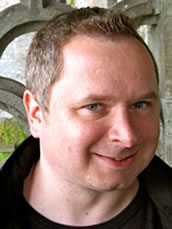
Ingo Frommholz
Email address: ingo.frommholz@beds.ac.uk
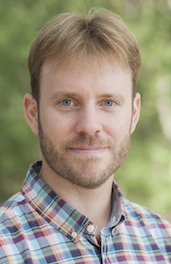
Guillaume Cabanac
Email address: guillaume.cabanac@univ-tlse3.fr
Second International Workshop on Recent Trends in News Information Retrieval (NewsIR’18)
Website : http://research.signalmedia.co/newsir18/
Abstract
News consumers risk being overwhelmed by the volume and diversity of news now available. They risk being in a filter bubble, unaware of the selection of stories that they see in various feeds. At the same time, news producers have seen a radical shift from print to digital, and risk losing their audience entirely. Although IR and NLP have been applied to news for decades, the changing nature of the space requires fresh approaches and a closer collaboration with our colleagues from the journalism environment. The goal of this workshop is to stimulate such discussion between the communities and to share interesting approaches to solve real user problems. Following the success of NewsIR’16, the Second International Workshop on Recent Trends in News Information Retrieval, NewsIR’18, will take place in Grenoble, France in conjunction with ECIR 2018.
Organizers
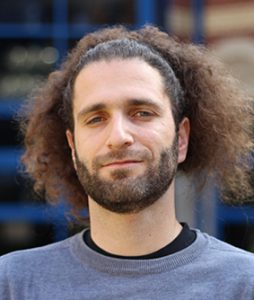
Andreas Vlachos
Email address: a.vlachos@sheffield.ac.uk
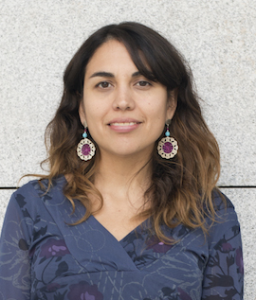
Barbara Poblete
Email address: barbara@poblete.cl

Julio Gonzalo
Email address: julio@lsi.uned.es
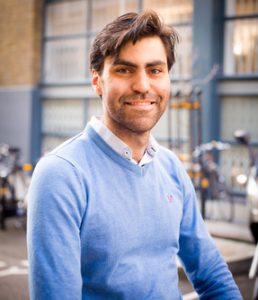
Dyaa Albakour
Email address: dyaa.albakour@signalmedia.co
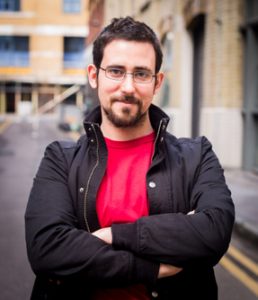
Miguel Martinez
Email address: miguel.martinez@signalmedia.co

David Corney
Email address: david.corney@signalmedia.co
First International Workshop on Narrative Extraction from Texts (Text2Story 2018)↑
Website : http://text2story18.inesctec.pt
Abstract
The increasing availability of text information in the form of news articles, comments or posts poses new challenges for those who aim to understand the storyline of an event. Although understanding natural language text has improved over the last couple of years with several research works emerging on the grounds of information extraction and text mining, the problem of constructing consistent narrative structures is yet to be solved. We still have a challenging path ahead of us for the development and improvement of algorithms that automatically identify, interpret and relate the different elements of a narrative which will be likely spread from different sources. In this workshop, we aim to foster the discussion of recent advances in the link between Information Retrieval (IR) and formal narrative representations from texts. More specifically, we aim to capture a wide range of multidisciplinary issues related to the text-to-narrative-structure and to its various related tasks. The workshop will feature a diversity of tasks and techniques with promising results for an exciting task.
Organizers
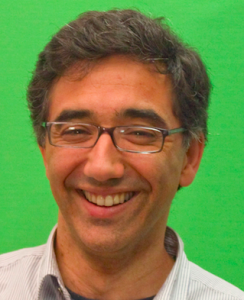
Alípio Jorge
Email address: amjorge@fc.up.pt
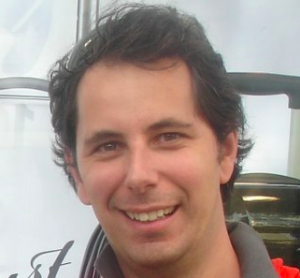
Ricardo Campos

Adam Jatowt
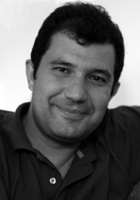
Sérgio Nunes

